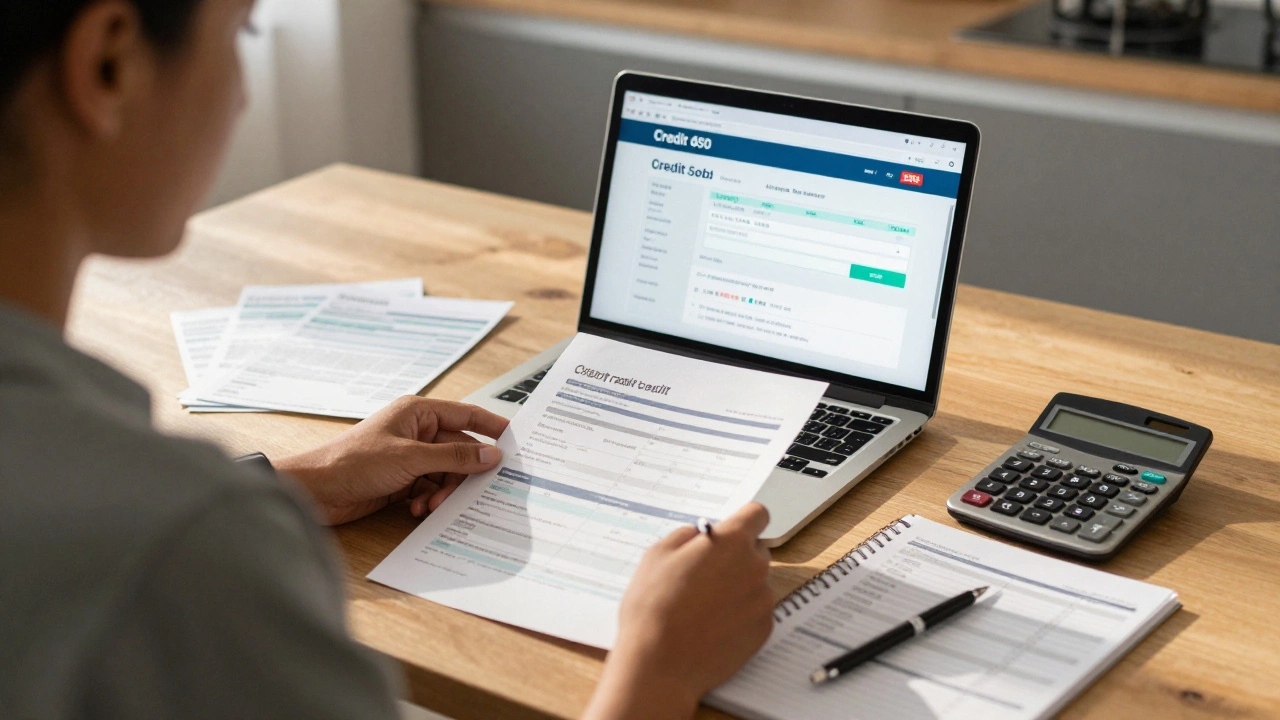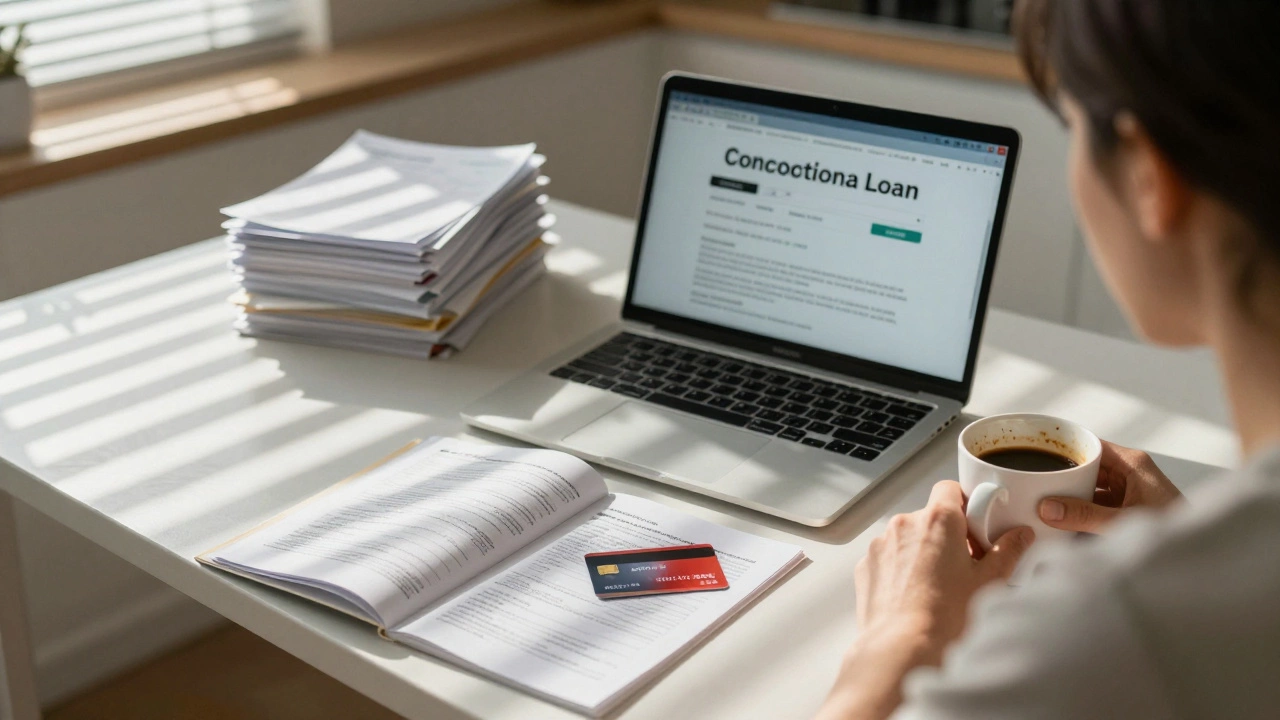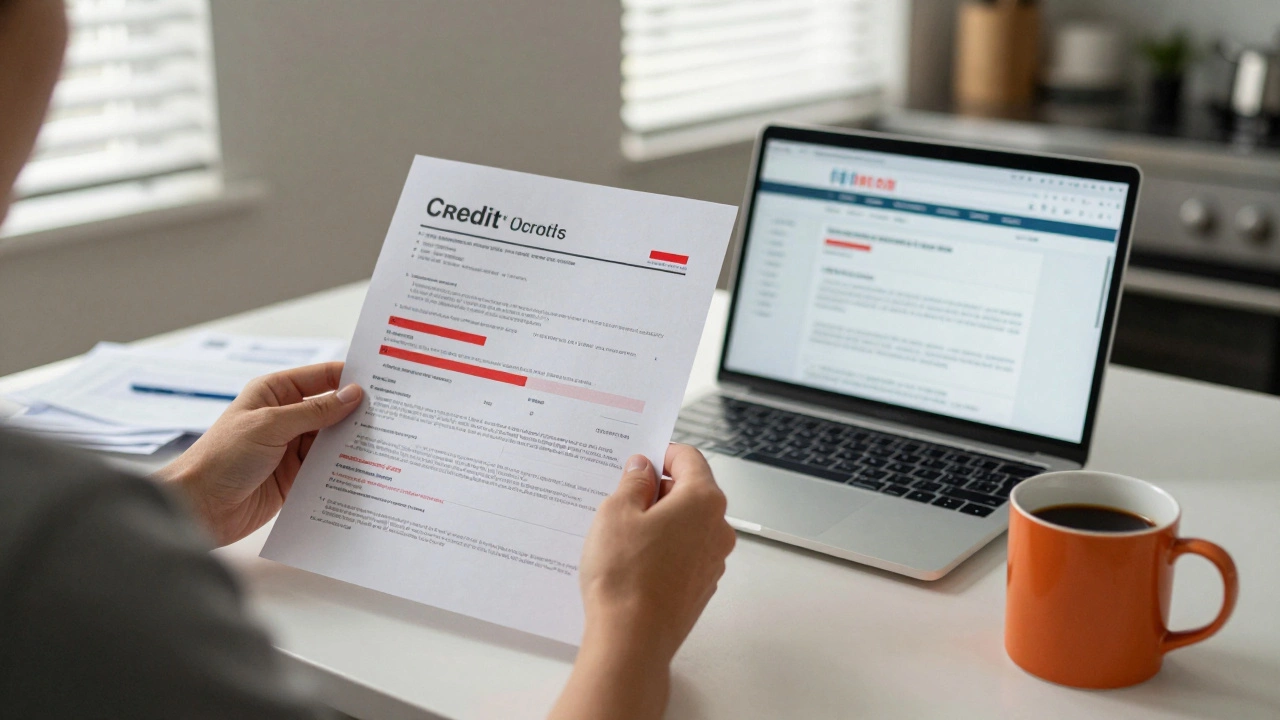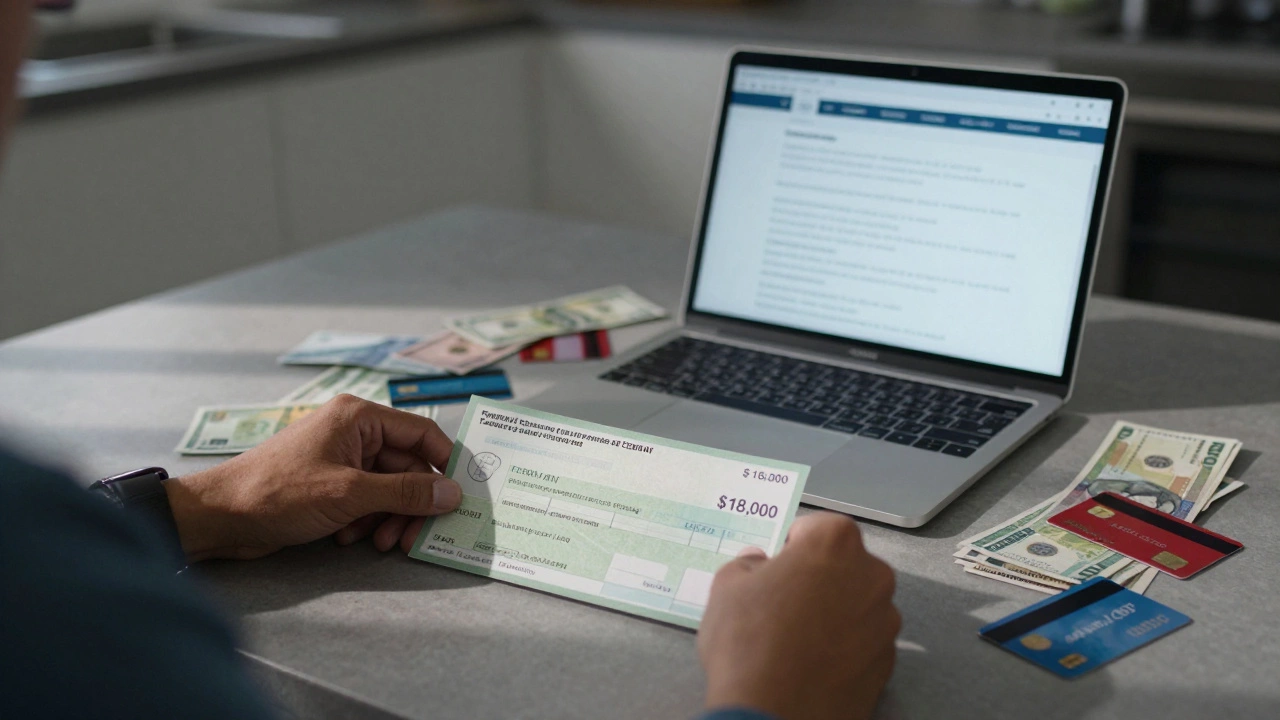Debt Consolidation: Simple Steps to Combine Your Debts and Save
If you’re juggling a credit‑card balance, a payday loan, and a personal loan, you know how stressful it can get. Debt consolidation lets you roll those payments into one loan, often with a lower interest rate. The result? One due date, a clearer picture of what you owe, and a better chance of paying it off faster.
What is debt consolidation?
In plain terms, debt consolidation is borrowing enough money to pay off all your existing debts. You then repay that single loan over time. It works best when the new loan’s interest rate is lower than the average rate of the debts you’re replacing. In the UK, both high‑street banks and online lenders offer consolidation products, but the terms can differ a lot.
For example, a credit‑card might charge 19% APR, while a personal loan from a bank could sit at 7% APR. By swapping the credit‑card for the personal loan, you could shave off a lot of interest each month. The key is to choose a loan you can afford and that matches your credit profile.
How to choose the right consolidation loan in the UK
First, check your credit score. Lenders use it to decide the rate they’ll offer. If your score is solid, you’ll see better deals. If it’s lower, you might still qualify, but expect a higher rate or a shorter repayment term.
Second, compare the total cost, not just the monthly payment. A longer term reduces the payment size but adds more interest over the life of the loan. Use a simple calculator: multiply the monthly payment by the number of months and compare that total to the sum of your current debts.
Third, look at fees. Some banks charge arrangement fees or early‑repayment penalties. Those can eat into the savings you think you’re getting. Ask the lender outright: "Are there any set‑up fees or charges for paying off the loan early?"
Fourth, consider where you apply. Traditional high‑street banks often have stricter eligibility but may offer lower rates for existing customers. Online lenders tend to be quicker and more flexible, but their rates can be higher. It’s worth checking both.
Finally, think about your repayment plan. Set up a direct debit so you never miss a payment. Missing a payment can damage your credit score and undo the benefits of consolidation.
When you’ve found a loan that fits, the application process is usually straightforward: provide proof of income, details of the debts you want to clear, and your ID. Once approved, the lender will pay off your existing debts directly, and you’ll start making one new payment.
Remember, consolidation isn’t a magic fix. It works when you stop adding new debt and stick to the repayment schedule. If you keep swiping your card after consolidating, you’ll end up in the same spot but with a bigger loan.
In short, debt consolidation can lower your interest costs, simplify your finances, and give you a clearer path to being debt‑free. Start by checking your credit score, comparing rates and fees, and choosing a loan you can comfortably repay. With the right plan, you’ll see fewer stress‑inducing bills and more control over your money.
What Credit Score Do You Need to Consolidate Debt in 2026?

You don't need a perfect credit score to consolidate debt - just one above 650. Learn the real numbers, what lenders look for, and how to actually get out of debt without falling deeper.
Read More >>What Are the Negative Effects of Debt Consolidation?

Debt consolidation can seem like a quick fix, but it often hides hidden costs, longer repayment terms, and risks to your credit score and assets. Learn the real downsides and when it actually helps.
Read More >>What to Do When No One Will Give You a Loan: Real Steps for Debt Relief in Australia

If you've been denied a loan in Australia, you're not out of options. Learn how to fix your credit, use free debt counselling, and avoid dangerous alternatives like payday lenders. Real steps for recovery without borrowing more.
Read More >>Do Consolidation Loans Hurt Your Credit? Here’s What Actually Happens

Consolidation loans can temporarily lower your credit score, but if you make on-time payments and avoid new debt, they can help rebuild it over time. Here's what really happens to your credit.
Read More >>Does Debt Relief Hurt Your Credit? What Really Happens

People are often stuck wondering if debt relief is a fast track to financial freedom or a disaster for their credit score. This article explains exactly what happens to your credit when you choose debt relief programs, breaking down the real risks and surprises. Explore how different options—from debt settlement to consolidation—can affect your score and what to expect on your credit report. You'll get straightforward tips to protect your finances and rebuild your credit if you decide to go for debt relief. No confusing jargon or abstract theories—just clear answers you can use.
Read More >>Debt Consolidation: Uncovering the Downsides

Debt consolidation might seem like an easy fix, but it's essential to understand its pitfalls. While it can simplify payments, it doesn't reduce the overall debt and could extend it. Hidden fees and potential impacts on credit scores are real concerns. Not all plans truly cater to individual needs, and there is a risk of falling back into debt if spending habits aren't addressed.
Read More >>Is Getting Approved for Debt Consolidation Really That Tough?

Debt consolidation can be a smart move for reducing financial stress, but getting approved isn't always a piece of cake. Your credit score, debt-to-income ratio, and even the specifics of your finances play crucial roles. This guide covers the ins and outs of what lenders look for and provides tips to boost your chances of approval. Find out how to better prepare and navigate this process for a successful outcome.
Read More >>Effective Strategies for Paying Off $60,000 in Debt

Overcoming $60,000 in debt is challenging but achievable with the right strategies. This long-read article explores various debt consolidation techniques, budgeting tips, and lifestyle changes to help individuals pay off large sums effectively. Discover practical advice, from negotiating lower interest rates to increasing income streams, aimed at achieving financial freedom.
Read More >>